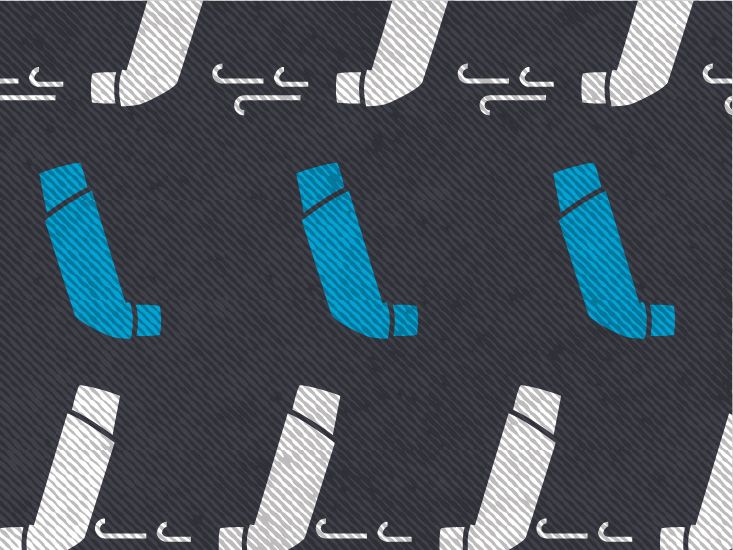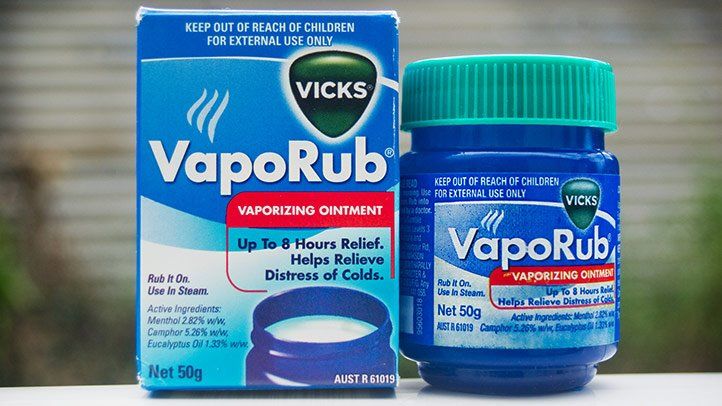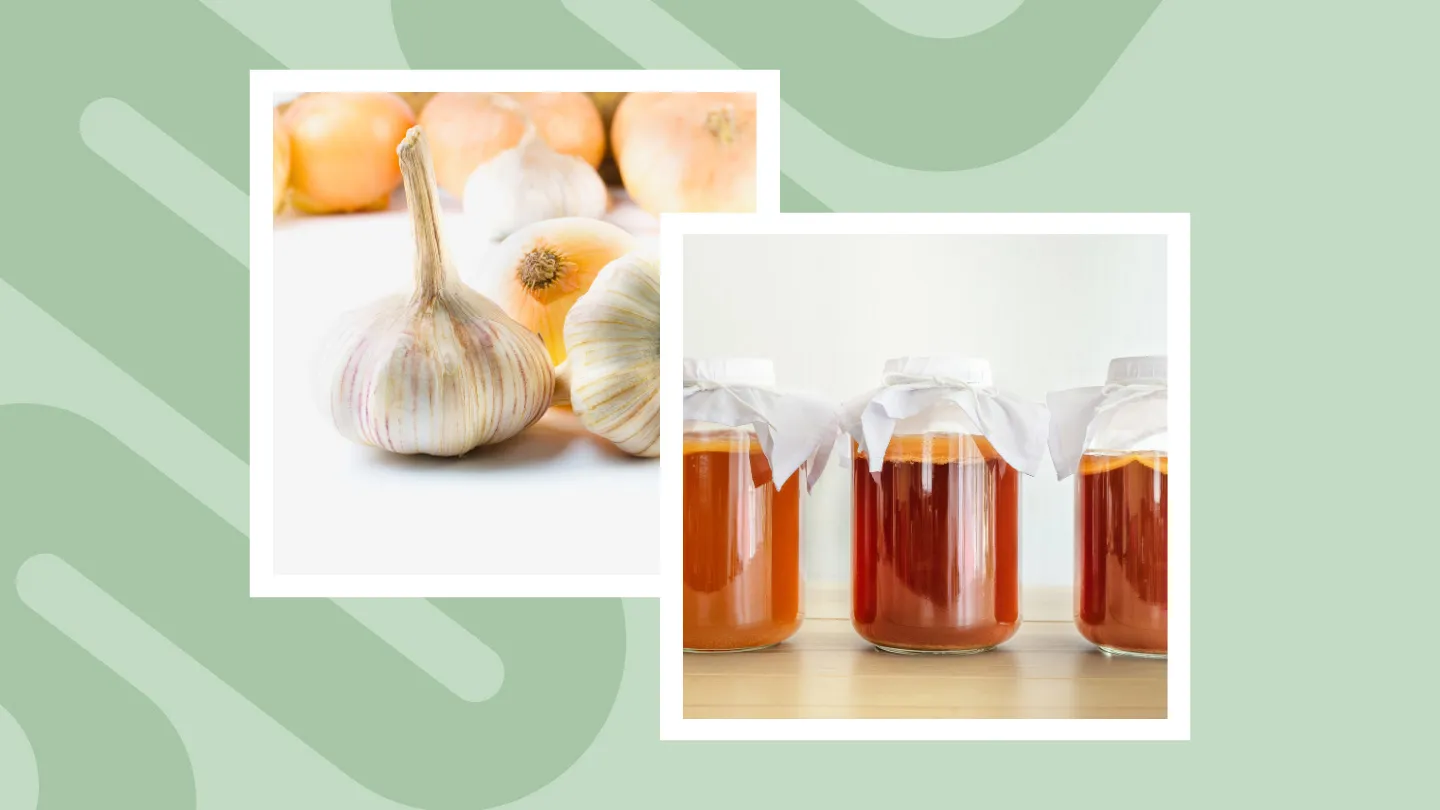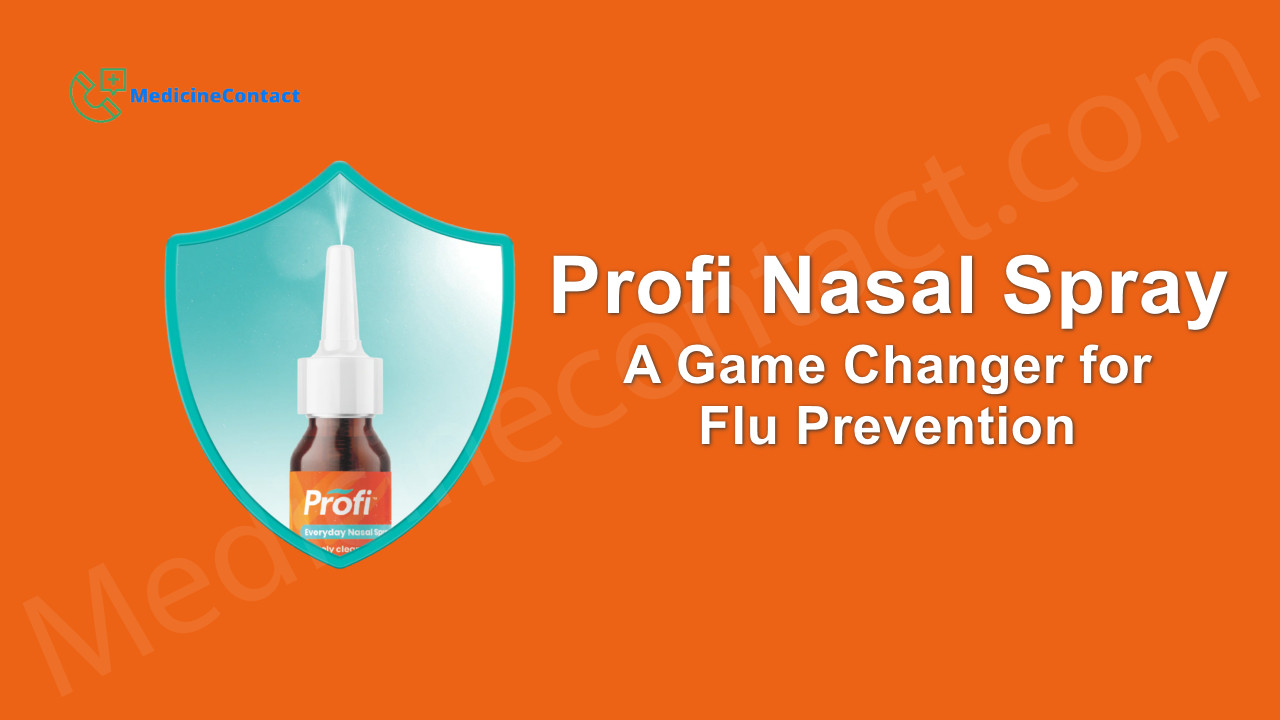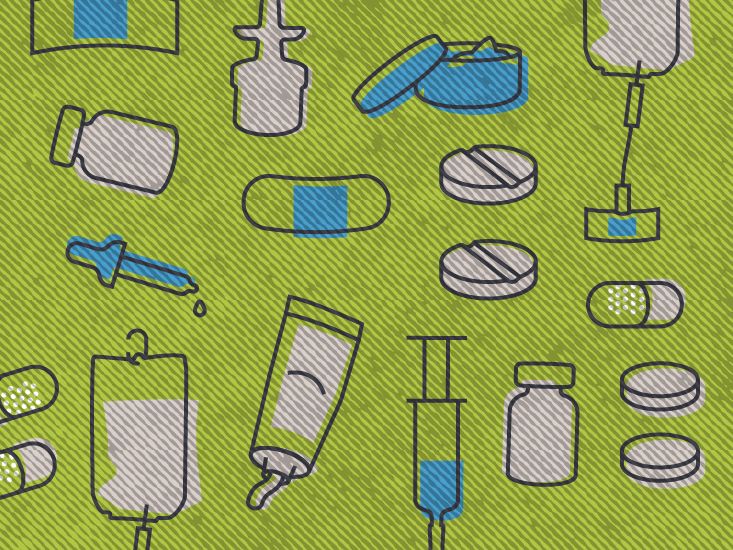Understanding the Causes of Nasal Congestion
A stuffy or congested nose is one of the most common health complaints. It occurs when the nasal passages and sinus cavities become inflamed and swollen with excess fluid. This inflammation blocks airflow and causes difficulty breathing through the nose. A variety of factors can trigger nasal congestion, from seasonal allergies and colds to infections and environmental irritants.
Common Causes of Stuffy Nose
Some of the most frequent causes of nasal stuffiness include:
- The common cold - Colds almost always lead to a stuffy nose due to increased mucus production.
- Allergies - Allergic reactions to pollen, dust mites, mold, pet dander can all inflame the nasal lining.
- Sinus infections - Bacteria or viruses invading the sinus cavities leads to swelling and excess mucus.
- Weather changes - Quick drops in temperature or humidity can irritate nasal passages.
- Pregnancy hormones - Increased circulation and estrogen cause swelling in mucous membranes.
- Medications - Decongestants, birth control pills, high blood pressure medications can all dry out the nose and lead to stuffiness when discontinued.
When Stuffy Nose Signals Serious Illness
While most causes of nasal congestion are harmless, a relentless stuffed up nose can indicate more serious health issues. Seek medical care if you experience:
- Difficulty breathing through your nose and mouth lasting more than a week
- Thick green or yellow nasal discharge signaling infection
- Fever over 101 F in combination with facial pain or stuffy nose
- Swelling around the nasal cavity and eyes
- Vision changes, severe headaches or dizziness
OTC Medications for Relieving Congestion
When nasal congestion strikes, many people reach for over-the-counter decongestants and antihistamines. These medications work well for temporary relief of stuffy noses but should be used cautiously over longer periods. Understanding how common OTC meds work and their potential side effects allows you to safely choose the right ones for your symptoms.
Oral Decongestants Like Sudafed or Nyquil
Oral decongestants such as pseudoephedrine (Sudafed) and phenylephrine (Nyquil) work by constricting blood vessels in the nasal passages. This shrinks swollen membranes and allows air to flow more freely. Most are effective for 4-6 hours before wearing off. Using for more than 3 days in a row is not recommended as it can actually worsen future congestion when you stop taking it.
Antihistamines Like Zyrtec, Claritin, Allegra
Antihistamines work by blocking histamine release which is responsible for allergic symptoms. By preventing this inflammatory reaction, swelling in nasal tissues is reduced. They can combat sneezing, watery eyes and itching as well but do little for nasal congestion or draining mucus. Antihistamines like cetirizine (Zyrtec), loratadine (Claritin) or fexofenadine (Allegra) are best for allergy-related stuffy noses but not colds or sinusitis.
Nasal Corticosteroid Sprays Like Flonase
Nasal corticosteroid sprays are very effective in shrinking swollen nasal membranes long-term. Fluticasone propionate (Flonase) and other corticosteroid sprays work by reducing inflammation rather than constricting blood vessels. It may take days to get the full benefits but congestion relief can last for weeks. They are ideal for on-going allergies and chronic sinus problems leading to nasal obstruction.
Risks and Side Effects
The most common side effect of decongestants and antihistamines is drowsiness as they are designed to depress the central nervous system. Other risks include:
- Increased blood pressure and heartbeat
- Urine retention problems
- Anxiety, tremors or insomnia
- Upset stomach, vomiting or headaches
- Excitability issues in children
While generally safe if label directions are followed, those with heart disease, high blood pressure, diabetes or glaucoma should exercise caution with decongestants and antihistamines.
Home Remedies to Clear Stuffy Noses
In addition to oral and nasal sprays, there are several natural ways to get fast relief from nasal congestion without medication. Home remedies can be done easily in your own home using ingredients you likely have on hand.
Steam Inhalation
Inhaling warm steam helps loosen thick nasal secretions by moistening dry membranes. Bring water to a boil, remove from heat and tent a towel over your head. Carefully lean over the pot closing eyes and breathe in the vapors for 5-10 minutes. The steam thins mucus allowing it to drain while the moisture soothes inflammation.
Saline Spray
Saline nasal sprays and rinses quickly reduce stuffiness by cleansing nasal passages of excess mucus. The salt pulls fluid into nasal tissues, thinning mucus so it can drain easily. This clears airflow quickly without medication. Use saline sprays as needed for fast relief any time congestion worsens.
Hot Soup or Tea
Sipping on hot liquids also eases nasal congestion in multiple ways. First, the steam you inhale acts just like steam inhalation to moisten membranes and drain mucus. Spicy soups containing chili powder or hot mustard also stimulate mucus thinning. Finally, staying hydrated thins secretions to prevent excessive drying.
Peppermint Oil
The menthol in peppermint oil contains natural decongestant properties that restrict inflamed blood vessels. It also triggers nerves that encourage coughing to clear mucus and breathing in cooler air. Dab a few drops of peppermint essential oil right under the nose or add to a vaporizer for easy inhalation any time nasal stuffiness flares up.
Stay Upright
Sleeping flat on your back allows mucus to settle in the back of the throat worsening feelings of congestion. Prop yourself up with pillows to keep mucus moving toward your nostrils so it can drain freely. Simply elevating your head while sleeping minimizes backup of secretions.
Know When To Call The Doctor
While most causes of nasal congestion and stuffy noses are temporary minor annoyances, chronic or worsening symptoms often require medical treatment. See your physician if you experience:
- Discolored nasal drainage lasting more than 10 days
- Recurrent nosebleeds
- Facial pain or headaches
- Vision changes or eye swelling
- Difficulty breathing through your nose most hours of the day
Prescription nasal steroid sprays, antibiotics or allergy testing may be needed for moderate to severe chronic nasal congestion. Surgery is rarely required for blockages unresponsive to other treatments.
The Take Away
Dealing with a miserable stuffy nose is frustrating but unlikely to be serious. A combination approach using OTC oral medications and home remedies works well for most cases short-term. Seeking medical care for lasting blockage, colored drainage or worsening symptoms helps prevent secondary sinus infections and other complications down the road.
FAQs
What is the fastest way to clear a stuffy nose?
The fastest ways to relieve a stuffy nose are oral decongestants containing pseudoephedrine (Sudafed) or phenylephrine (Nyquil). They work within 30-60 minutes by constricting swollen blood vessels in the nasal passages. Saline nasal spray also brings fast relief by moisturizing dry nasal membranes so mucus can drain.
How long should you use Afrin nasal spray?
Afrin and other decongestant nasal sprays should only be used for 3 days maximum. Using them too long can cause medication-induced congestion to worsen when you stop using them. Limit short-acting nasal sprays to emergency flare-up relief for just a few days.
What helps post nasal drip from a stuffy nose?
A stuffy nose leads toAnnoying post-nasal drip when mucus accumulates in the back of the throat. Sleeping propped up on pillows allows gravity to keep mucus moving forward so it doesn't settle. Using a saline nasal rinse also thins out thick mucus helping to clear post-nasal drainage faster.
Why do stuffy noses get worse at night?
Nasal congestion often worsens overnight due to circulation changes. When lying flat, blood and other fluids accumulate in nasal tissues adding to inflammation. Staying upright using pillows prevents added fluid build-up. Adding a humidifier at night also prevents membranes from excessive drying and swelling.
When should you see a doctor for nasal congestion?
See your doctor if congestion lasts more than 10-14 days without improvement, you experience facial pain or headaches, have trouble breathing through your nose most hours of the day, or have recurrent nosebleeds or colored nasal drainage. These may indicate sinus infection or other complications requiring medical treatment.
Disclaimer: This article is for informational purposes only and does not constitute medical advice. Always consult with a healthcare professional before starting any new treatment regimen.
Related Coverage
Cut through the conflicting advice about carbs with tips on choosing quality whole food carbs in proper portions for weight loss, blood sugar control, energy and health....
Get the exact Relenza dosage for flu treatment and prevention, plus form, strength, inhaler use, safety tips, and dosing schedule....
While some add Vicks VapoRub to bathwater for congestion relief, this practice raises significant safety concerns due to the vapors released containing camphor....
Discover how using Young Living essential oils like eucalyptus, peppermint and lavender aromatically and topically can help provide natural relief for coughs....
Soothe coughs by harnessing the power of honey and onion! Learn different recipes to mix these ingredients into natural cough-calming syrups, drops, rubs and more....
Can you safely take ibuprofen and DayQuil together? Experts warn combining them poses avoidable risks like liver toxicity, bleeding issues, and intensified side effects....
Everything you need to know about the science, techniques and benefits of female ejaculation and squirting. Tips for how to achieve this intense orgasmic release....
Wondering if you can take Dayquil and Flonase together for a stuffy nose? Learn about the safety, potential side effects, and tips for using these medications properly....
Profi nasal spray offers a needle-free solution for effective influenza prevention, targeting the virus directly at its source....
Find out the true Tamiflu cost 2025, compare brand vs generic, and learn tips to cut your out‑of‑pocket expenses by up to 50%....

